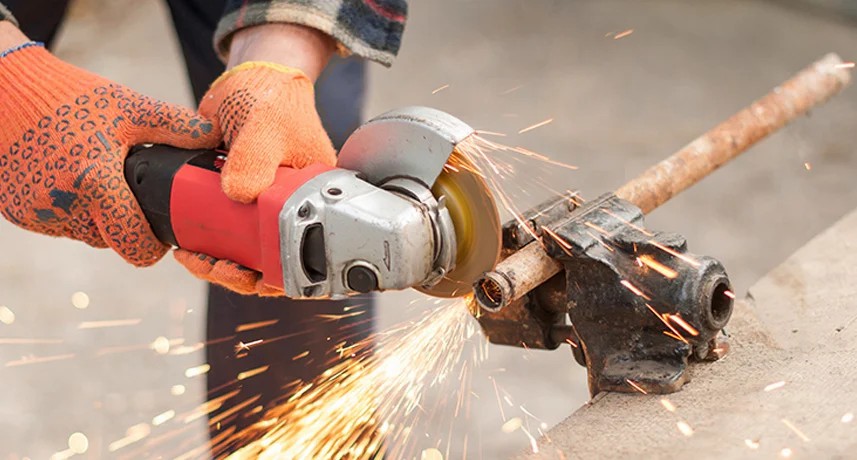Navigating the Essential Types of Abrasive Wheels: Applications and Safety Protocols
Abrasive wheels are indispensable tools in various industries, from construction to automotive maintenance. Understanding the specific types of abrasive wheels, their applications, and associated safety risks is crucial to ensure proper handling and compliance with safety regulations in Ireland. In this guide, we will delve into the various types of abrasive wheels, outline their uses across Dublin, Cork, Galway, Limerick, Waterford, and beyond, and highlight the importance of training and certification.
Types of Abrasive Wheels
Abrasive wheels can be categorized based on their material composition, intended application, and specific design. Below, we discuss the primary types:
- Grinding Wheels: Primarily used for shaping and finishing metals, grinding wheels are available in different grit sizes. These wheels may be made from materials such as aluminum oxide or silicon carbide.
- Cutting Wheels: Designed for cutting through metals and other materials, cutting wheels are thin and typically made from reinforced composite materials. Their lightweight design allows for quick and precise cuts.
- Polishing Wheels: Used to create a smooth and shiny finish on various surfaces, these wheels are often covered in soft materials such as fabric or felt and are employed in polishing applications for metals and plastics.
- Sanding Wheels: These are typically used for surface preparation and are designed to smooth surface imperfections. Sanding wheels can be used on wood, metal, and composite materials.
Abrasive Wheels Applications Across Industries
Abrasive wheels find applications in numerous sectors, enhancing productivity and efficiency:
- Construction: Used extensively for cutting and grinding concrete, tile, and metal structures.
- Automotive: Essential in vehicle repairs, abrasive wheels are utilized for metal shaping and surface finishing.
- Manufacturing: Employed in the production process for cutting, polishing, and sanding components of machinery.
- Metal Fabrication: Essential tools for cutting, grinding, and finishing metal projects.
Risks Associated with Abrasive Wheels
While abrasive wheels are highly beneficial, they also pose certain risks if not correctly handled. Key hazards include:
- Wheel Breakage: Improper mounting or handling can lead to catastrophic wheel brakes, causing injury and damage.
- Overheating: Excessive friction can cause overheating, leading to wheel warping or ignition of nearby materials.
- Inhalation of Dust: Fine dust from grinding and cutting can pose respiratory risks to workers.
- Noise Pollution: Prolonged exposure to high noise levels from wheels can affect hearing.
The Importance of Proper Training
To avoid accidents and ensure compliance with safety regulations in regions like Dublin, Cork, Galway, Limerick, and Waterford, proper training is essential. Here are several benefits of enrolling in certified abrasive wheels training:
- Skill Development: Operators gain in-depth knowledge of the various types of abrasive wheels and their applications.
- Compliance with Regulations: Training ensures adherence to Irish safety laws surrounding portable and fixed abrasive machines.
- Accident Reduction: Proper knowledge of handling techniques significantly lowers the risk of workplace accidents.
- Enhanced Productivity: Well-trained staff can perform tasks more efficiently and effectively.
Getting Certified: Training Options in Ireland
If you’re looking to enhance your skills or ensure compliance with safety standards, consider enrolling in:
Conclusion
Abrasive wheels are invaluable tools that require respect and knowledge for safe handling. By understanding the types of abrasive wheels, their applications, and associated risks, along with obtaining proper training, businesses across Dublin, Cork, Galway, Limerick, Waterford, and other cities can create a safer working environment. Ensure you take the necessary steps toward certification at the Abrasive Wheels Course in Ireland to guard against accidents and uphold workplace safety standards.
For inquiries about training and certification, feel free to contact us at [email protected].



 349,500 Offered Certificates
349,500 Offered Certificates
 24/7 Online Training
24/7 Online Training
 Money Back Guarantee
Money Back Guarantee
 Fully Accredited Courses
Fully Accredited Courses
